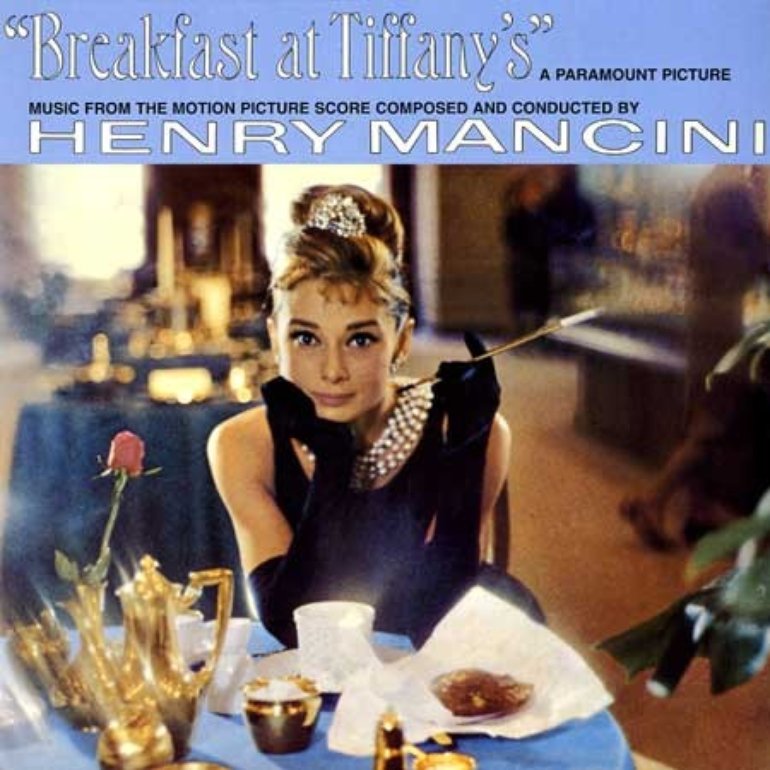“Moon River” – Henry Mancini

“Moon River” – Henry Mancini
“Moon River” is a timeless classic composed by Henry Mancini, with lyrics by Johnny Mercer. Originally featured in the 1961 film Breakfast at Tiffany’s, the song became one of Mancini’s most celebrated works and a defining piece of mid-20th-century American music. It won the Academy Award for Best Original Song and the Grammy Award for Record of the Year in 1962, cementing its place in the American songbook.
The song is known for its gentle, wistful melody and evocative lyrics. Mancini’s composition combines a soft, flowing melody with a lush orchestral arrangement, capturing the dreamy, contemplative mood of the film’s opening sequence, in which Audrey Hepburn’s character, Holly Golightly, sings it while gazing out of her apartment window.

“Moon River” is characterized by its memorable, melodic line and a haunting quality that speaks to the sense of longing and nostalgia. The lyrics reflect a yearning for escape and the pursuit of dreams, as encapsulated in the line, “Moon River, wider than a mile / I’m crossing you in style someday.” The imagery of the river as a symbol of life’s journey and the quest for happiness resonates with listeners, making it a universally relatable and emotional piece.

Henry Mancini’s arrangement for “Moon River” features a prominent use of the piano, complemented by strings and a subtle orchestral background. The simplicity of the instrumentation allows the melody to shine and gives the song a serene, introspective quality. Mancini’s signature style blends jazz, classical, and pop elements, creating a sound that is both sophisticated and accessible.

The song has been covered by numerous artists over the decades, including Frank Sinatra, Andy Williams, and, notably, Audrey Hepburn herself in Breakfast at Tiffany’s. Each interpretation brings a unique touch to the song, but the core charm and emotional impact of “Moon River” remain constant.

“Moon River” continues to be a beloved classic, celebrated for its beautiful melody and evocative lyrics. It remains a testament to Henry Mancini’s talent as a composer and Johnny Mercer’s skill as a lyricist, and it endures as a piece of music that captures the essence of wistful dreaming and romantic nostalgia.











